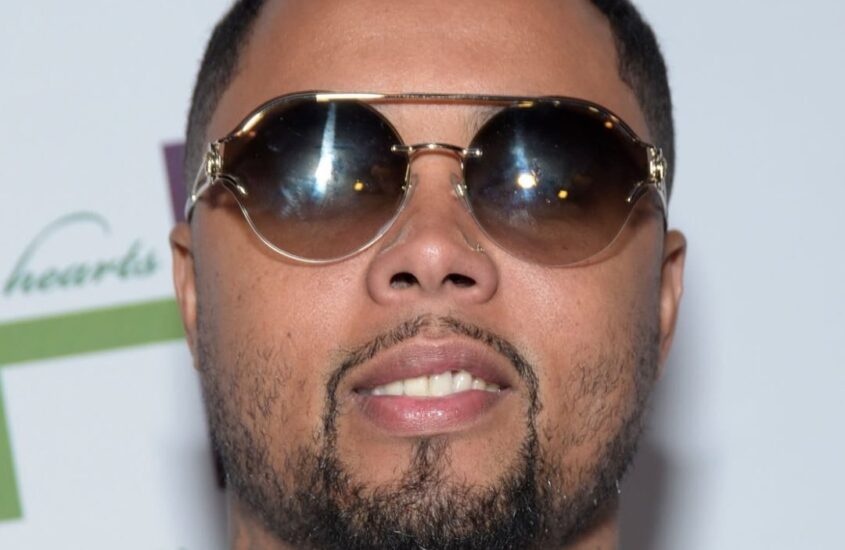Jamal Trulove’s Wrongful Conviction and Exoneration: Kamala Harris’ Role


Jamal Trulove’s story is a stark reminder of the flaws in the justice system. His wrongful conviction and eventual exoneration highlight systemic issues and raise questions about accountability, including the role of Kamala Harris.
The Incident and Arrest
In July 2007, Seu Kuka was fatally shot in San Francisco. Despite many witnesses, only one came forward. This witness, Priscilla Lualemaga, initially failed to identify Jamal Trulove. However, police coerced her into naming him as the shooter1.
The Trial and Conviction
Trulove’s trial began in early 2010. Despite no physical evidence linking him to the crime, he was convicted. The prosecution relied heavily on the coerced testimony of Lualemaga2. Trulove was sentenced to 50 years to life in prison1.
Kamala Harris’ Role
Kamala Harris was the District Attorney of San Francisco during Trulove’s trial. Although she did not personally prosecute the case, her office did. Critics argue that her office failed to ensure a fair trial3. The key witness was placed in witness protection and received benefits, raising concerns about the integrity of her testimony3.
As the District Attorney, Kamala Harris was entrusted with upholding justice and ensuring that wrongful convictions were rectified. However, her office failed to intervene in Trulove’s case, raising questions about the efficacy of the criminal justice system.
The Appeal and Exoneration
In 2014, an appellate court overturned Trulove’s conviction, citing prosecutorial misconduct and ineffective legal representation2. Trulove was retried in 2015 and acquitted. He had spent over six years in prison for a crime he did not commit2.
The Aftermath
In 2018, a jury awarded Trulove $13.1 million in a civil suit against the city of San Francisco4. The jury found that police officers had framed him and fabricated evidence4. This case underscores the need for accountability and reform in the justice system.
The wrongful conviction of Jamal Trulove underscores the need for systemic reforms within the criminal justice system. It also prompts a critical examination of the accountability of public officials, including those in positions of power such as Kamala Harris during her tenure as District Attorney.


